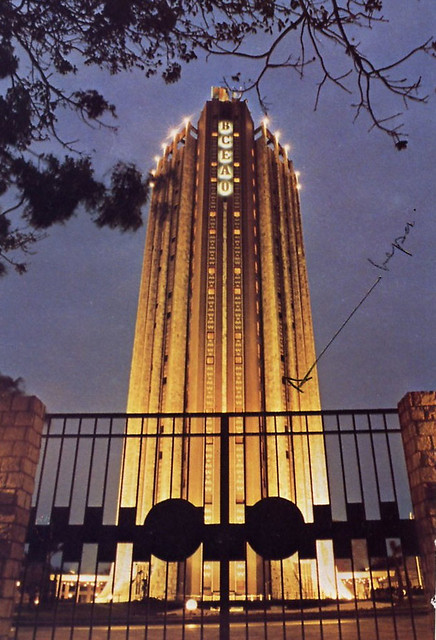Cotton: the Ivorian government maintains prices and strengthens its support for the sector
The Minister of State, Minister of Agriculture, Rural Development, and Food Production, Kobenan Kouassi Adjoumani, announced on Thursday, July 31, 2025, the maintenance of cotton seed purchase prices for the 2025-2026 campaign. During a press conference held in Abidjan, the Minister of State revealed that first-choice cotton seed will be purchased at 310 FCFA/kg, and second-choice cotton seed at 285 FCFA/kg, levels identical to those of the previous campaign.
This price stability is made possible by an exceptional subsidy of 25.3 billion FCFA granted by the State, following the instructions of the President of the Republic, Alassane Ouattara, to mitigate the impact of input costs and preserve producers' incomes. In this context, the prices of agricultural inputs have been set at 362 FCFA/kg for NPK fertilizer (equivalent to 18,100 FCFA for a 50 kg bag), 341 FCFA/kg for urea (equivalent to 17,050 FCFA per bag), and 35,000 FCFA/ha for insecticides, covering the seven treatments necessary during the cotton plant's growing cycle.
This support policy comes in a context of gradual recovery after a period of significant turbulence. The cotton sector, restructured since 2013, had experienced continuous growth, peaking at a record of nearly 560,000 tons of cotton seed in 2020-2021. However, this momentum was abruptly interrupted by the emergence in 2022 of the jassid, a pest originating from Southeast Asia, which caused massive losses, halving production and pushing some producers to turn away from cotton in favor of food or perennial crops perceived as less risky. In two years, the number of farmers decreased from 130,000 to 106,000. The 2023-2024 campaign marked a turning point, with a rebound to 348,000 tons, compared to 236,000 tons at the height of the crisis, although the 2024-2025 campaign remains below the set targets.
In the face of these challenges, the authorities reiterate their commitment to consolidating achievements and placing the cotton sector on a path of resilience, through increased support for production, better management of phytosanitary risks, and enhanced support for producers. The government policy aims to ensure the competitiveness and sustainability of this strategic sector, which contributes to food security, the creation of rural jobs, and economic stability in production areas.
Source: Government portal of Côte d’Ivoire, Editorial Team of the MEPD web portal




